Why does it seem that there are “health coaches” around every corner and a million options when it comes to wellness professionals offering to support your health needs? When it comes to addressing health concerns holistically, figuring out who is most suited to help you can be overwhelming. Each practitioner brings a unique approach and expertise to the table. It’s helpful to understand the differences between different types of service providers so that you can make an informed decision about your health journey and who is best suited to support you at your current junction.
Educational Background and Credentials: Functional Medicine Providers Compared to Others
- Registered Dietitians (RDs):
- Education: At least a bachelor’s degree in dietetics, nutrition, or a related field, followed by a supervised internship and passing a national exam.
- Focus: RDs often work in clinical settings, public health, and private practice addressing chronic diseases like diabetes, kidney disease or eating disorders.
- Functional Medicine Nutritionists:
- Education: Typically hold nutrition degrees, often Master’s level education, and have additional 2-4 years of training in functional medicine from institutions like the Institute for Functional Medicine.
- Focus: Holistic approach considering how interrelated systems of the body affect overall health, use thorough testing and implement nutrition and lifestyle changes to address chronic health issues.
- Doctors of Osteopathic Medicine (D.O.s):
- Education: Medical school with an emphasis on osteopathic principles, plus residency. D.O.s are licensed physicians who can diagnose, prescribe medication and perform surgery.
- Focus: A whole-person approach to medicine, emphasizing preventive health care and the body’s musculoskeletal system.
- Naturopaths (NDs):
- Education: Four-year naturopathic medical school with a curriculum that includes basic sciences, naturopathic treatments, and holistic approaches, plus clinical training. However, not all are regulated as you’ll learn below.
- Focus: Natural remedies and the body’s ability to heal itself; treatments often include herbal medicine, acupuncture, and lifestyle counseling.
- Health Coaches:
- Education: Varied backgrounds; many complete programs accredited by organizations like the International Coach Federation (ICF) or the National Board for Health & Wellness Coaching (NBHWC).
- Focus: Supporting clients in achieving health and wellness goals, such as weight loss, stress reduction, and increased physical activity. They employ motivational interviewing techniques and goal-setting to inspire changes.
- Nutritionists:
- Education: The term “nutritionist” is less regulated than “dietitian,” and educational levels can range from certificate programs to advanced degrees in nutritional science.
- Focus: Providing nutritional advice and developing meal plans. In some regions, anyone can call themselves a nutritionist without formal training, so it’s important to check their qualifications and experience.
Approach to Treatment: Functional Medicine Nutritionists Compared to Others
- Dietitians: Focus on dietary management (nutrition alone) to prevent and treat illnesses, such as diabetes or heart disease, using guidelines that are widely accepted in the western medical community. Does not address other lifestyle changes and does not test or diagnose.
- Functional Medicine Nutritionists: Seek to identify and address the root causes of diseases, typically using extensive testing to tailor wellness plans that include personalized diet, supplements, and lifestyle changes.
- D.O.s: Practice a full range of modern medicine, complemented by special techniques in osteopathic manipulative medicine (OMM) that target the body’s nervous, circulatory, and lymphatic systems.
- Naturopaths: Use an array of alternative therapies depending on individual patient needs, often emphasizing prevention and treatment through more natural means.
- Health Coaches: Typically, health coaches do not diagnose or treat diseases but focus on behavior changes and lifestyle adjustments to help clients meet their long-term health goals. They often work alongside other healthcare providers to support overall patient care.
- Nutritionists: Depending on their level of training and certification, nutritionists can offer more detailed dietary guidance and personalized nutrition plans. However, without a regulatory framework, their practice varies widely.
Regulation and Oversight
- Dietitians: Licensed and regulated by state boards; required to maintain their credentials through continuing education.
- Functional Medicine Nutritionists: Certification varies; not always regulated by state boards, depending on the region and the exact qualifications. Institute of Functional Medicine has stringent testing processes.
- D.O.s: Licensed and regulated by medical boards in all 50 states, with requirements for ongoing education and ethical practice.
- Naturopaths: Licensure and scope of practice vary by state, with some states having strict licensure requirements and others not recognizing the profession formally.
- Health Coaches: Not typically regulated by any state or federal bodies, but certification from recognized coaching institutions helps establish credibility and expertise.
- Nutritionists: As noted, this field can vary widely with no stringent national or state-level regulatory requirements except in certain places where the title “nutritionist” is protected and requires specific qualifications.
Functional Medicine Provider or Naturopath: Who Should You See?
Deciding which professional to see depends largely on your specific health concerns and goals:
- Choose a Dietitian if you need specialized dietary management to tackle medical conditions like obesity, diabetes, heart diseases, or eating disorders. They often work in tandem with your general practitioner and may be affiliated with local hospitals.
- Opt for a Functional Medicine Nutritionist if you are dealing with chronic systemic issues such as digestive disorders, autoimmune diseases, or hormonal imbalances, and you’re looking for a detailed exploration of how your diet and lifestyle affect your health. These practitioners are especially helpful when you’ve sought traditional means with little to no progress. They are also great compliments to your general practitioner and seek to heal at the root and not just address symptoms alone. Schedule a free discovery call with me here!
- Consult a D.O. if you prefer a licensed physician who can provide comprehensive medical care with an additional holistic approach, especially if you appreciate the value of osteopathic manipulative treatments.
- You could see a Naturopath if you are interested in exploring natural and alternative therapies and live in a state where naturopathy is well-regulated. Check credentials!
- Work with a Health Coach if you’re generally healthy but looking to improve your overall well-being, need support in making lifestyle changes, or seek motivation to maintain healthy habits. Health coaches are particularly useful when you know what goals you want to achieve but find it hard to stick to them. They are often personal trainers or life coaches as well.
- Consult a Nutritionist if you’re looking for specific dietary advice or need help with nutritional plans that might not require medical intervention. Ensure that the nutritionist has credible training, especially if you have specific dietary needs or health conditions that require expert advice.
Your choice among these professionals should align with your health philosophy and the type of approach you believe will be most effective for your needs. Always check a practitioner’s credentials, ask about their experience with your specific health concerns, take them up on their free discovery calls to ask all of your questions and consider how comfortable you feel with their approach to care. Making an informed choice will help you embark on a path toward better health and well-being.
https://www.eatright.org/become-an-rdn






